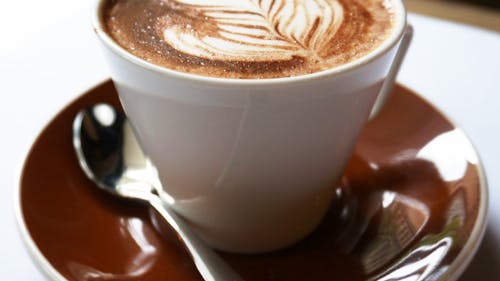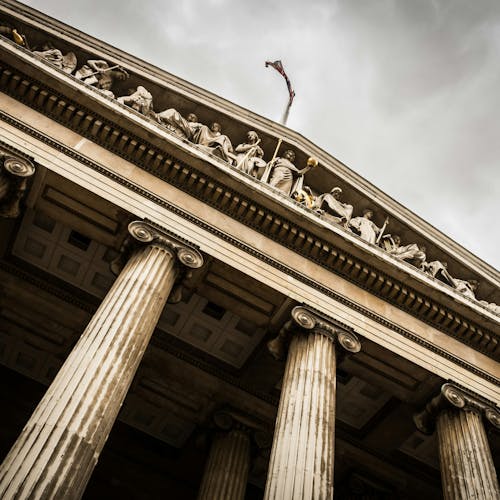Misinformation about coffee consumption may affect Rutgers students

Out of collected data from more than 3,000 people, 62 percent of participants indicated that they drink coffee daily, according to a National Coffee Association study. When consumed by college students, caffeine has shown to have an effect on academics and sleep schedules throughout the school year.
In a survey of more than 1,000 current college students, researchers found students who had more cups of coffee daily had a lower GPA, according to USA Today. The study showed students who drank one cup of coffee a day had a GPA of 3.41, students who drank two cups a day had a 3.39 and those who drank five or more cups of coffee had an average GPA of 3.28.
Tracy G. Anthony, an associate professor in the Department of Nutritional Sciences, said that the idea that caffeine dehydrates is a common myth.
“... This is not true. The diuretic effect of caffeine does not exceed the hydration provided by the intake of a caffeinated beverage," she said. "Moderate doses (200-300 mg/day) in athletes do not negatively affect their hydration status, but do improve athletic performance.”
Anthony also said that a common myth is that coffee gives you energy, but the positive energy effects of caffeine are mostly present because it is a central nervous system stimulant that reduces fatigue.
Debra Palmer-Keenan, an associate professor in the Department of Nutritional Sciences, compared the effects of caffeine to a sugar rush. She said the sugar rush may make you feel energetic for a few minutes and then eventually make you tired. With caffeine, you feel more energetic, but you will only get tired if you do not get enough sleep.
“This can be dangerous when in combination with alcohol because it promotes over-consumption,” Anthony said.
Another myth some students believe is that drinking coffee can help them sober up, Palmer-Keenan said. Drinking coffee to stay up late and study is not a good idea. Students would fair better by abstaining from any caffeine. She said instead of drinking caffeine in the afternoon, it is better to just study and get a good night's sleep.
“A lot of your memory really is formed when you’re sleeping. If you study during the day and then go to bed, you’ll actually remember things for tests better than if you stay up all night,” Palmer-Keenan said.
Despite this, there are positive effects to drinking coffee. Palmer-Keenan said there is consistent evidence that shows coffee consumption is associated with a reduced risk for Type 2 diabetes. Additionally, evidence suggests that drinking coffee may have protective effects against the risk of Parkinson’s disease.
“It is an addictive substance. So if you stop drinking it abruptly you’ll get headaches for several days, especially if you have two or more cups of coffee a day,” she said.
Other symptoms of caffeine withdrawal include increased irritability and anxiety, Palmer-Keenan said.
She said the positive outweighs the negative effects of caffeine-use, as long as you are consuming caffeine that is no more than the equivalent of two cups of coffee in a day.
“Over the last couple of decades, coffee shops have become a really big thing. There used to be a lot more bars, and that’s where everybody met. But now there are a lot more coffee shops and a lot fewer bars,” she said.
Caffeine can raise blood pressure and may also increase urine flow, but it may not have that effect in people who consume it all the time, according to the MedlinePlus website.
“Companies that make energy drinks claim that the drinks can increase alertness and improve physical and mental performance. This has helped make the drinks popular with American teens and young adults. There's limited data showing that energy drinks might temporarily improve alertness and physical endurance. There is not enough evidence to show that they enhance strength or power,” according to the website.



